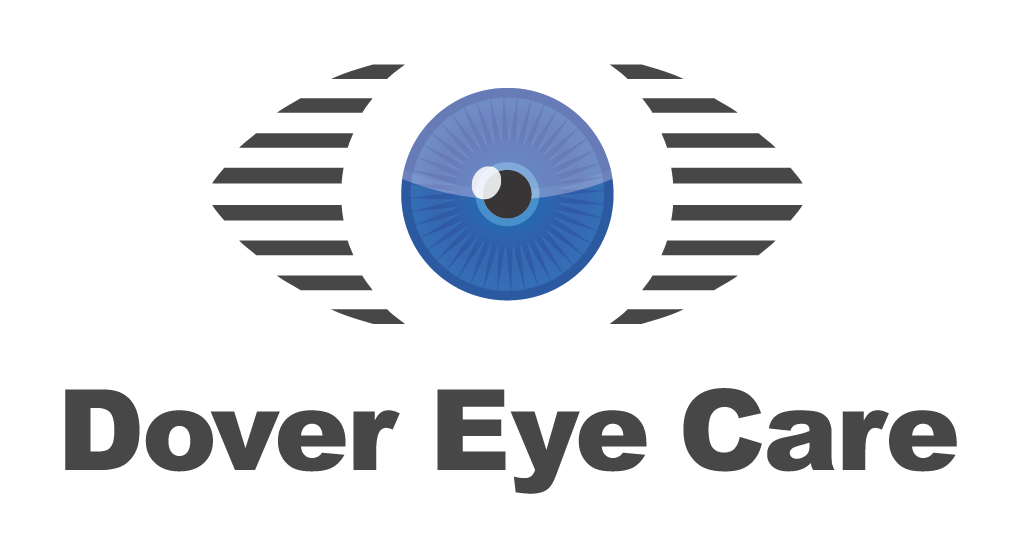If you play sports, you should keep two things in mind related to your vision: protection and precision.
Sports lenses protect the wearer’s eyes. Sports such as tennis, baseball, softball, and racquetball may see ball speeds of 90 mph or more. In baseball alone, there are over 500,000 injuries per year! But that is not the most common cause of sports-related eye injuries. Most eye injuries occur in basketball, where an elbow or a finger jabbed into the eye can cause corneal abrasions, fractured bones, retinal detachments, or even blindness. Polycarbonate lenses are more resistant to impact than glass or plastic and offer protection for 90% of eye injuries. Protective eyewear fits well, features a padded bridge, has prescription or non-prescription lenses, and has deep-grooved eyewires to prevent the lens from falling out.
The specialized lenses also optimize your vision. Depending on your sport, certain lenses are more appropriate than others. Dark, UV protection lenses are great for baseball and other outdoor sports. Golfers can benefit from gray-brown colored lenses which make it easier to outline the course. Even if you do not normally wear glasses, non-prescription sports lenses can benefit your performance. Some people think that lenses prevent the wearer from seeing the action, but many sports lenses have anti-fog, glare reduction, and scratch resistant properties. Some are also designed to maximize peripheral vision.

